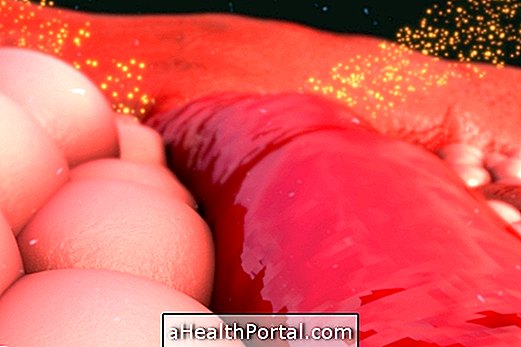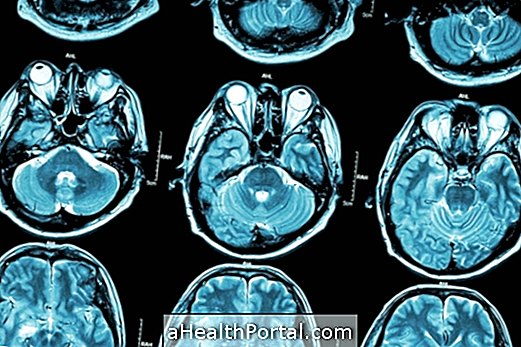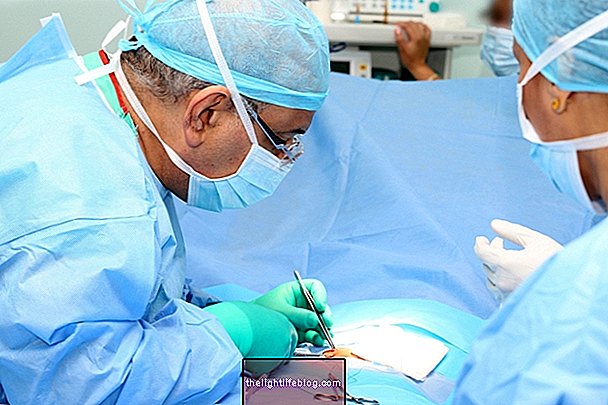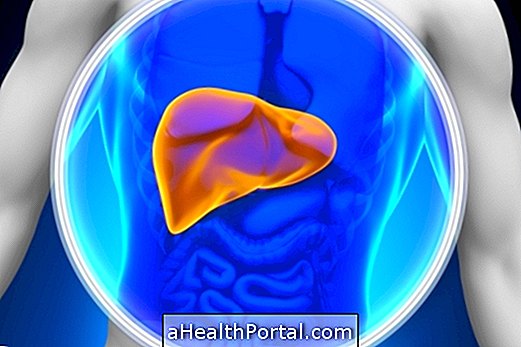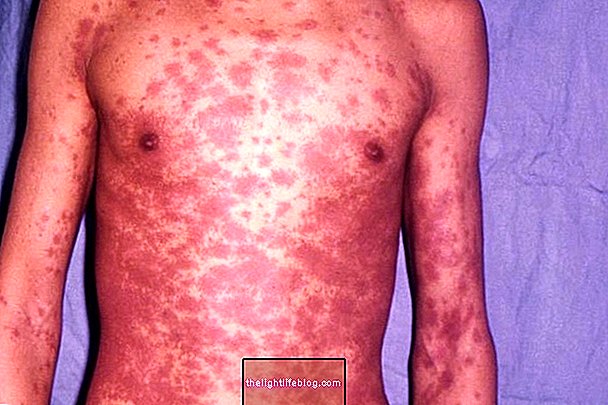Swyer's syndrome, or XY pure gonadal dysgenesis, is a rare disease where a woman has male chromosomes and so her sex glands do not develop and she does not have a very feminine image. Her treatment is done with the use of synthetic female hormones throughout life, but it is not possible to get pregnant.
Symptoms of Swyer's Syndrome
Symptoms of Swyer's syndrome:
- Absence of menstruation at puberty;
- Little or no breast development;
- Little feminine appearance;
- Normal axillary and pubic hair;
- There may be tall stature;
- There are normal or infants uterus, fallopian tubes and upper portion of the vagina.
Diagnosis Swyer syndrome
For the diagnosis of Swyer syndrome it is recommended to perform blood tests that show high gonadotrophins and reduced levels of estrogen and testosterone. In addition it is recommended:
- laboratory tests for the screening of infectious or autoimmune diseases,
- analysis of the karyotype,
- molecular studies and
- a biopsy of the ovarian tissue may be required.
Usually this syndrome is diagnosed in adolescence.
Causes of Swyer's syndrome
The causes of Swyer's syndrome are genetic.
Treatment for Swyer's syndrome
Treatment for Swyer's syndrome is done with the use of synthetic hormones throughout life. This medicine will make the appearance of the woman more feminine, but does not allow pregnancy.
A common complication of Swyer's syndrome is the development of a tumor in the gonads and surgery for its removal is indicated as a form of prevention of this type of cancer.


